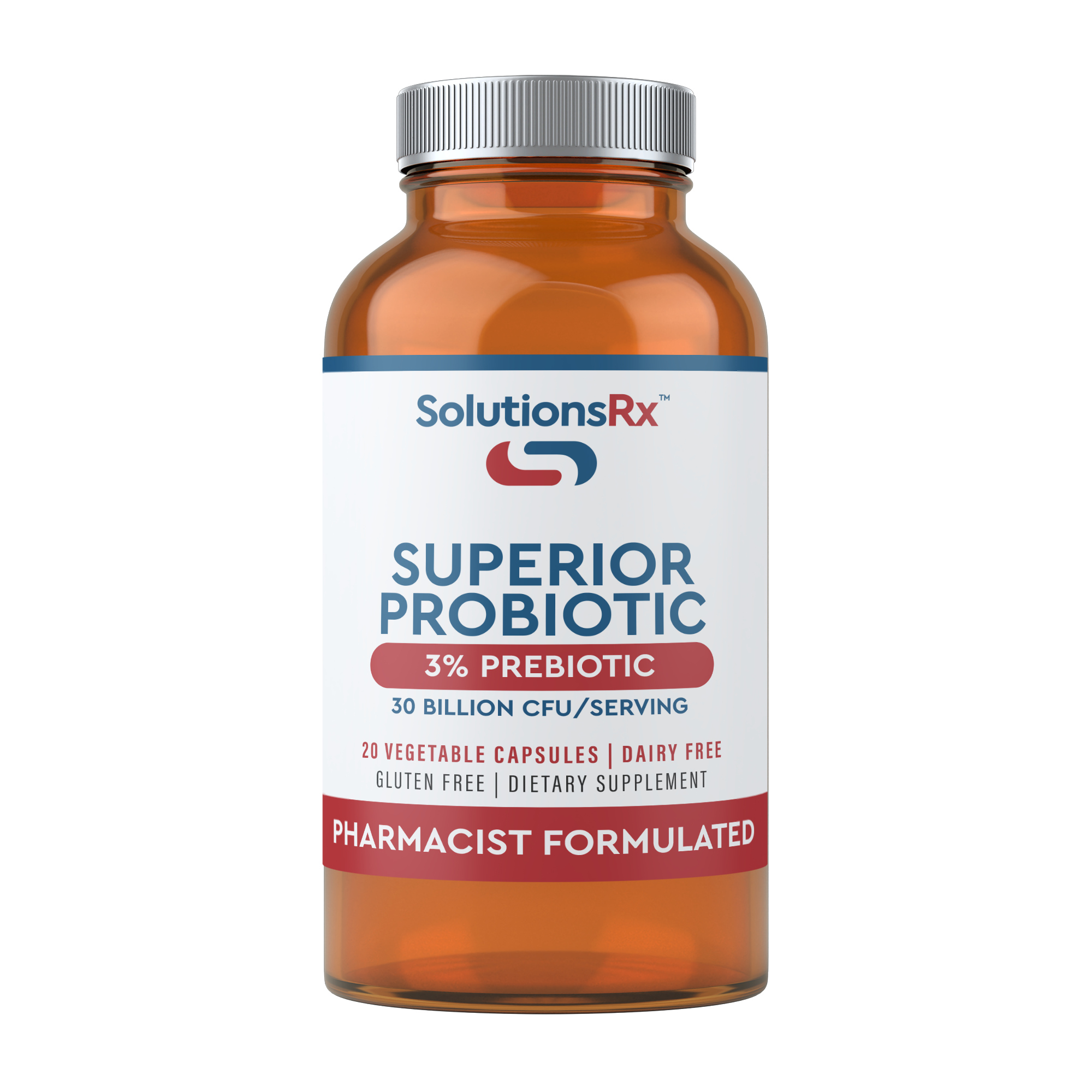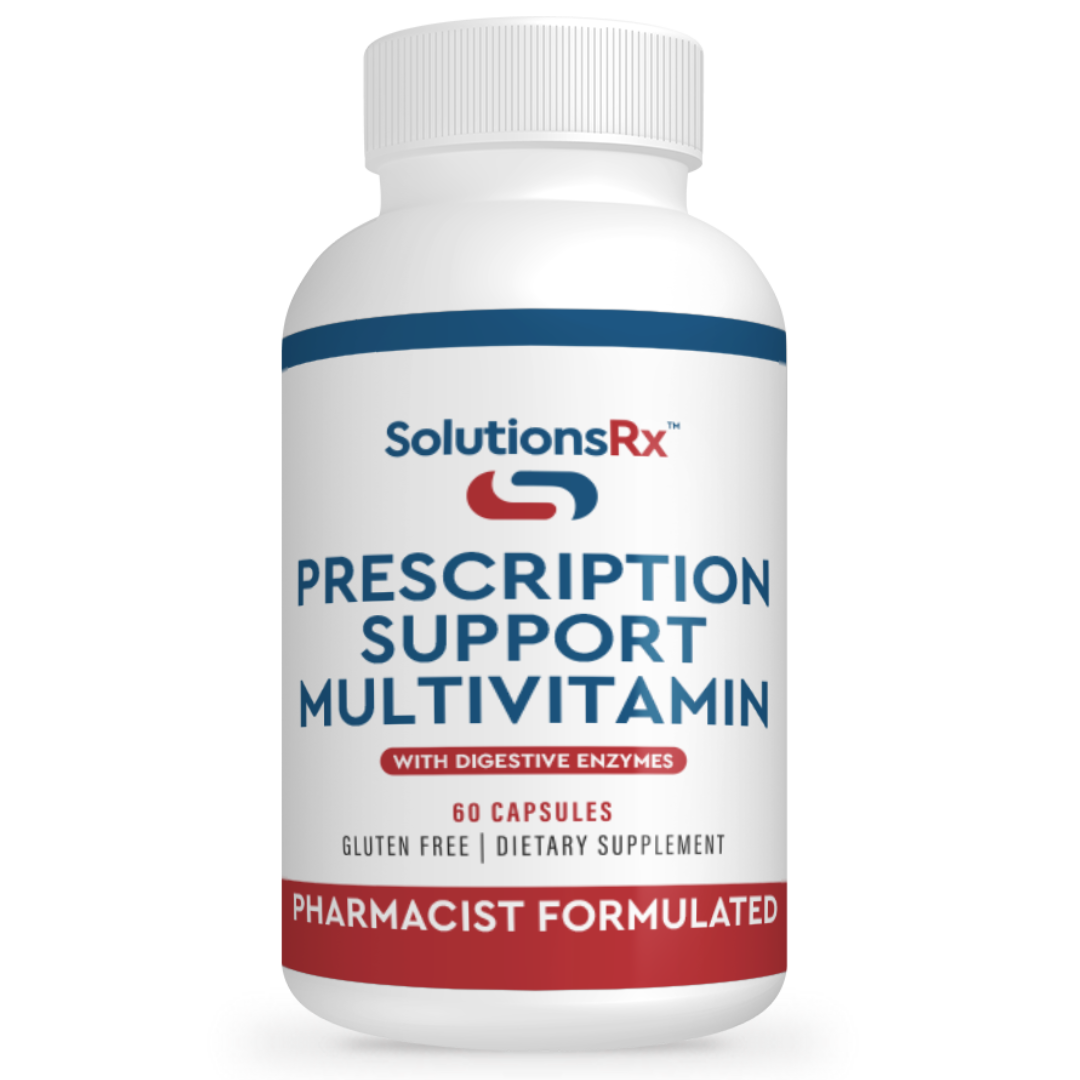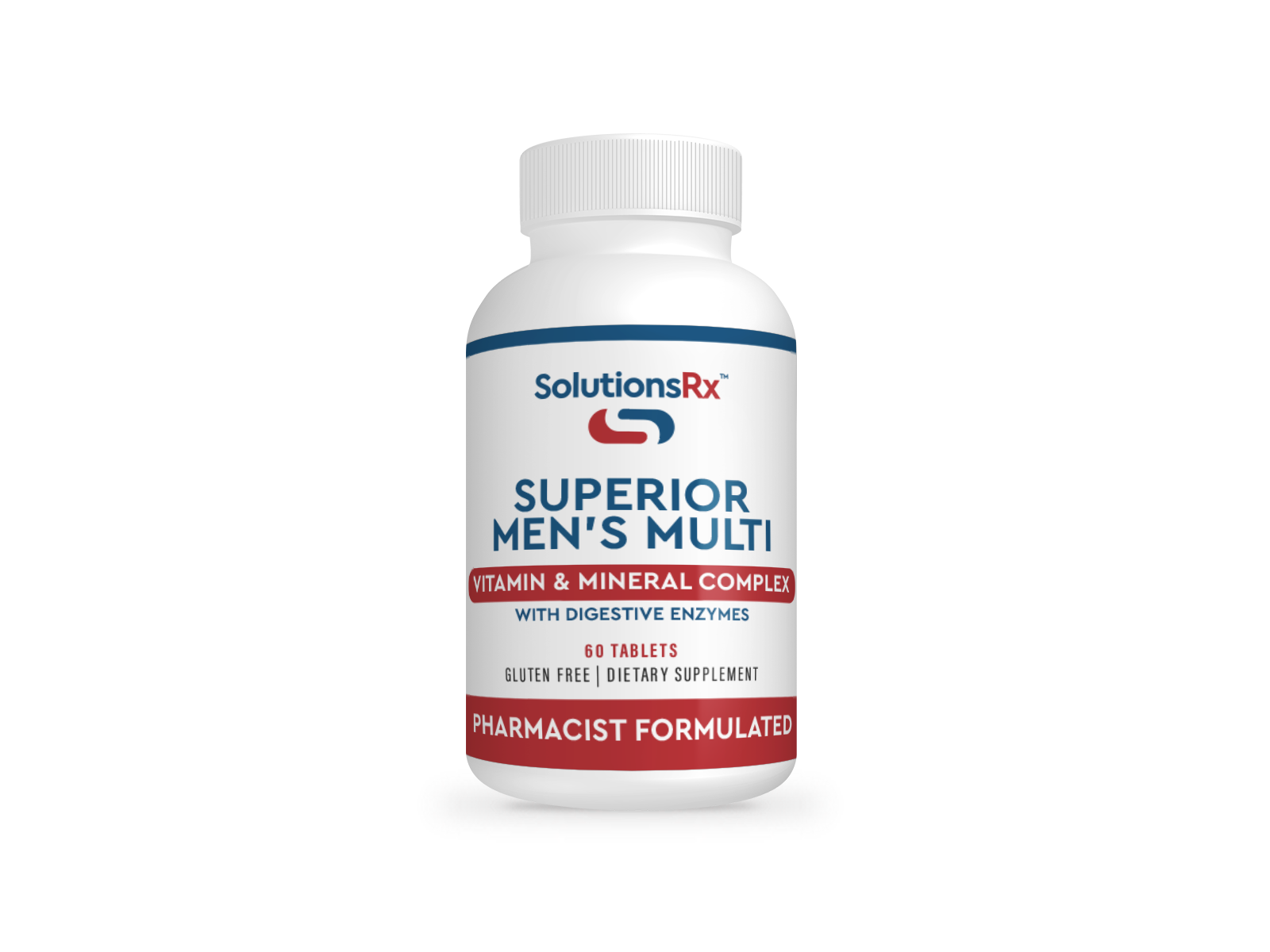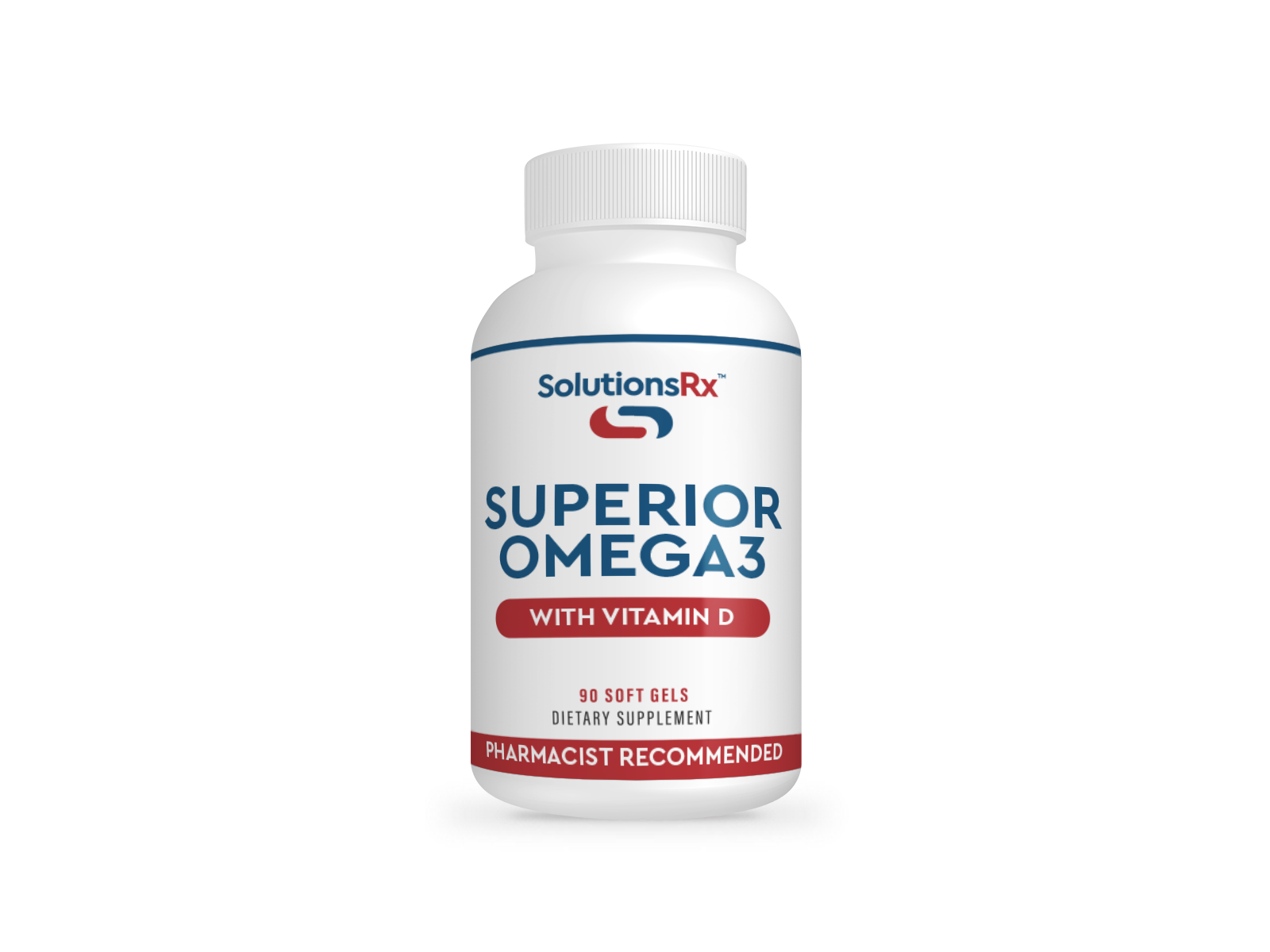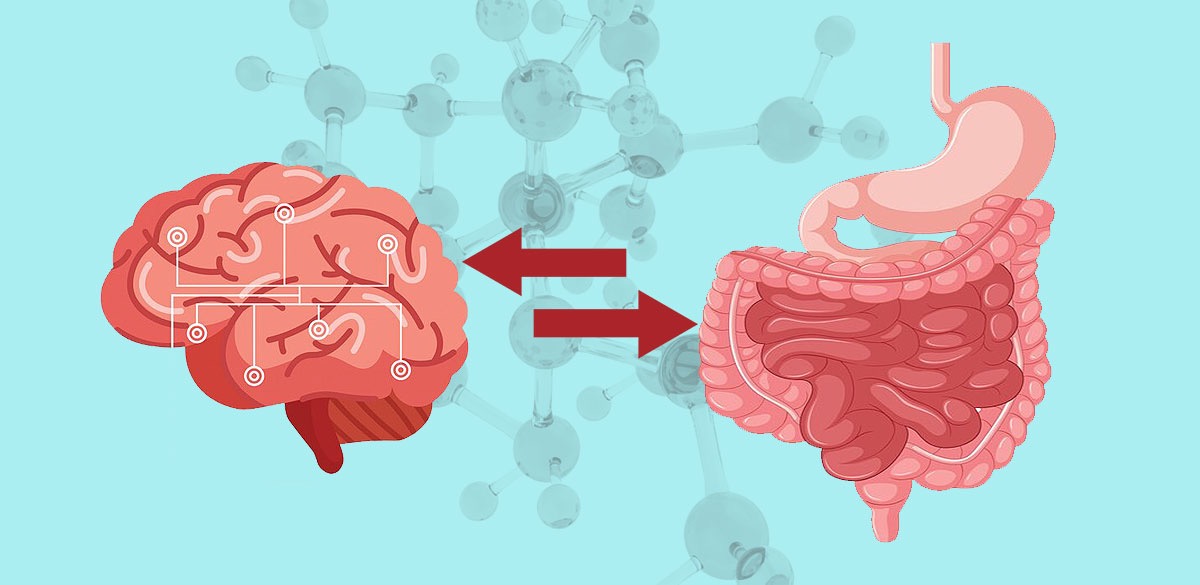There is no item in your cart
Prebiotics, Probiotics, and Depression
The purpose of this white paper is to propose a possible link between a healthy gut and depression, and what possible steps can be taken to improve the patient’s wellbeing.
THE GUT
Gut bacteria commonly referred to as probiotics or “good bacteria” produce hundreds of neurochemicals that are helpful in mood regulation. Gut bacteria produce about 90-95 percent of the body’s supply of serotonin. (2017) Think of gut bacteria as the manufacturer of serotonin, as well as other neurochemicals that aid in mood, depression, irritability, and overall physiological health.
Gut bacteria play a major role in communication between the gut and the brain. Therefore, things such as mood, depression, and irritability could be influenced directly from how healthy the gut is; as well as how plentiful the good microflora is. More specifically, a deficit of serotonin is believed to play a major role in mood stimulation and depression. These effects can be worsened by low exposure to sunlight which leads to seasonal depression often linked to further decreased serotonin. Therefore, the winter months or regions when sunlight is reduced could further worsen major depression markers.
ROLE OF PREBIOTICS AND PROBIOTICS
Many Lacto and Bifido strains such as Lactobacillus rhamnosus, as well as Bifidobacterium longum have been shown to reduce anxiety and mental health biomarkers.
Much as a garden of vegetables needs fertile soil to grow, the gut needs a good environment to create and maintain neurotransmitters like serotonin. A prime environment would contain several different strains of good bacteria. Prebiotics act somewhat like fertilizer for the good bacteria to replicate and nourish the good bacteria already inside of the gut.
Therefore, one could see why taking a multi-strain probiotic with Lacto and Bifido strains and a prebiotic combination could create a good environment to produce the neurotransmitters for proper gut and brain communication, thus decreasing depression, anxiety, and irritability.
Conclusion
When a patient is diagnosed by a physician with depression and placed on antidepressant therapy, it would be a reasonable rationale to also place the patient on a probiotic and prebiotic combination to treat the gut as well as the brain, and possibly aiding in treatment.
Chris Cornelison, RPh
References
It all begins in the gut: Bacteria’s role in overall health. (2017, November 17). Radical Health. http://radicalhealth.ca/index.php/2017/11/16/it-all-starts-with-the-gut/.

